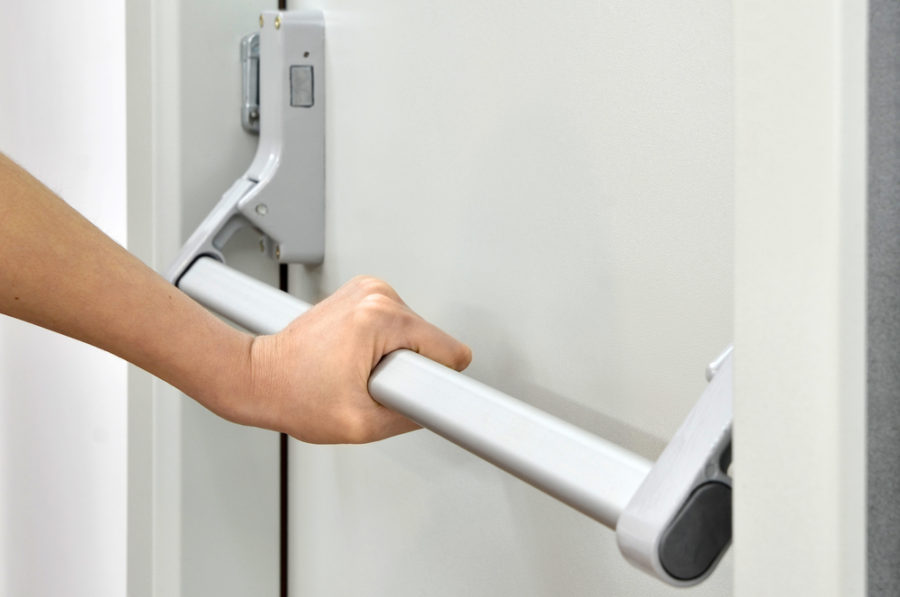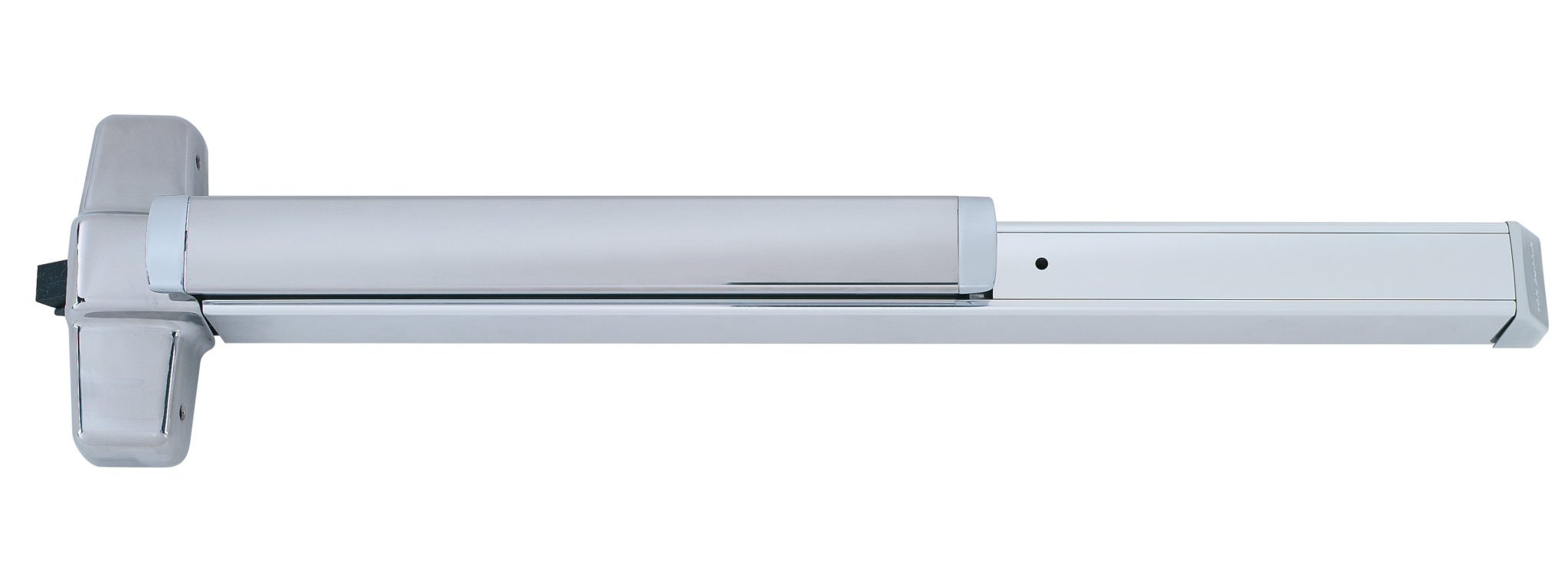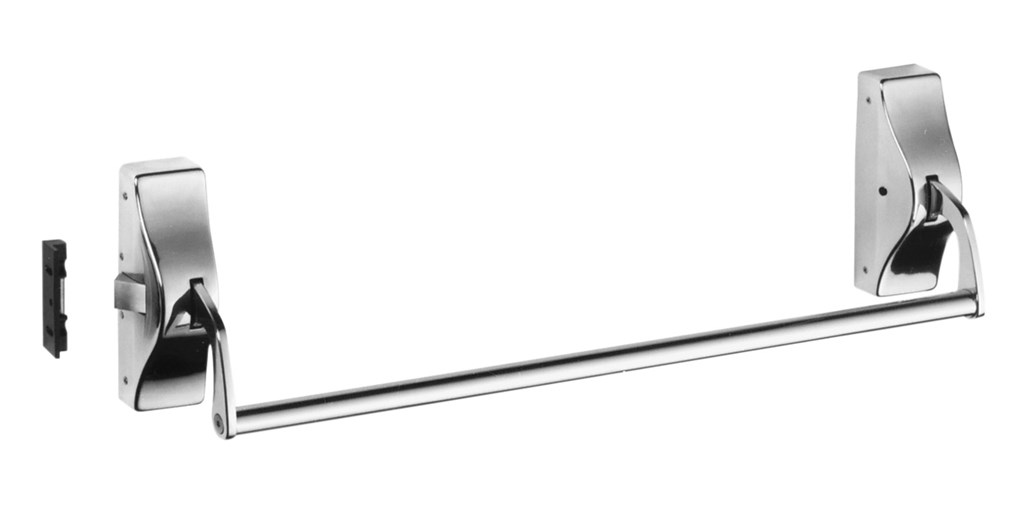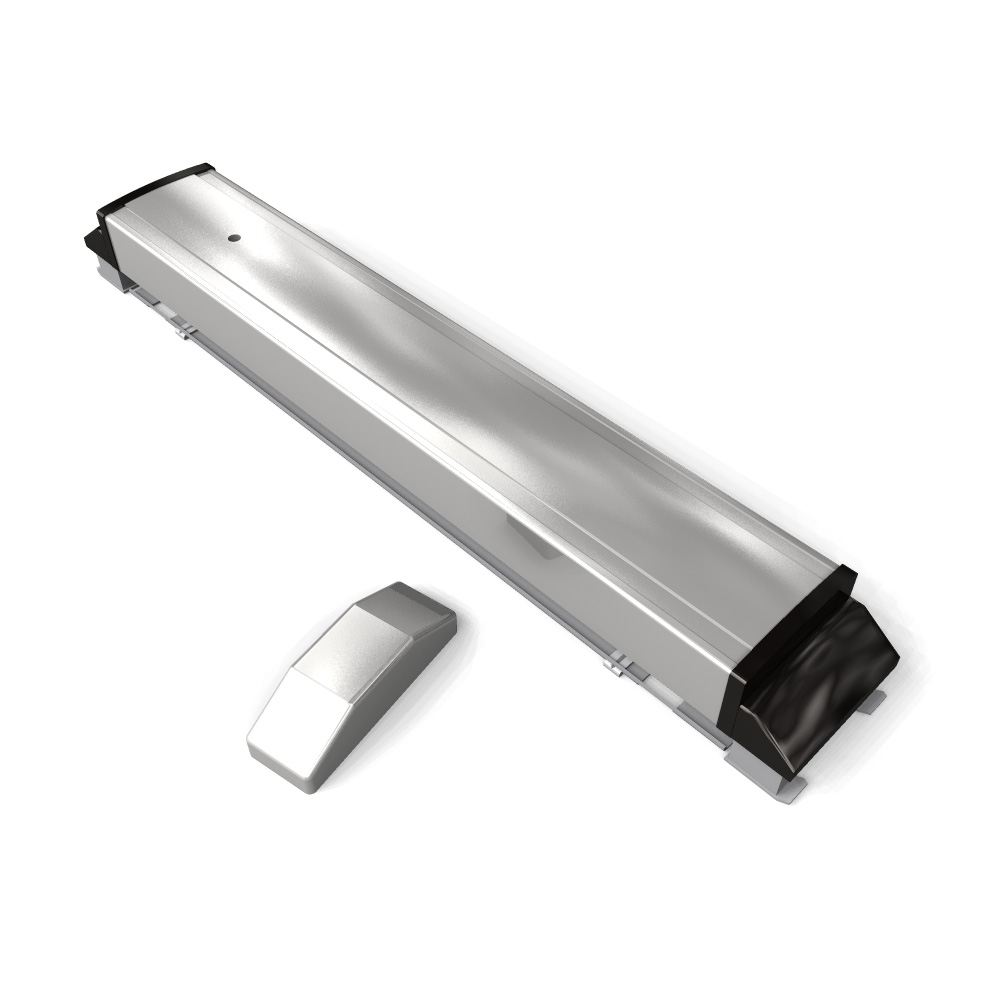Did you briefly step outside of your house for a minute to get the mail, and then the door shut behind you locking you out? Or did your key just fell off of your key ring? Did you find yourself stuck outside with no way of getting back into your own home? It's so frustrating, we know! Regardless of how it happened, call a local professional locksmith in Denver today to get you back into your home.
Perhaps your child or an elderly loved one is even locked in and requires immediate intervention, or you simply need access back into your own home. At Locksmith Denver, we perfectly understand all a house lockout entails. We rate lockout services an emergency and would desire to remedy that situation you are in immediately.
What to Do in a House Lockout Situation?
There are various ways to regain access to your home or business. Locks have various levels of security and Locksmith Denver; a professional locksmith company near you is ready to help you with whichever type of security you have; whether low, medium, or high-security knobs or deadbolts. We have different tools and methods to be used for any type of house lockout.
Not only can we help you with the house lockout, but we are also able to install, change and re-key the locks, too. We can change the pin settings in your lock and produce new keys if you wish to keep the current locks in your home or business. Your existing keys will no longer work after. If you've lost your keys, we can also change your locks completely. You can pick high, medium, or low-security locks, and whether a bronze, gold, silver finish, and we will change them out for you. You can also purchase your own locks. We perform fresh installations as well if you want to add a lock. Not only do we work with regular locks, but we also work with hardware like electronic locks, magnetic locks, and panic bars for your business.
First Time You’re Locked Out?
If this is your first time getting locked out of your home, you don’t need to worry. Locksmith Denver is available to help you out at all hours of the day or night. All you need to do is call, and a certified locksmith will come on over and help you out. If you are locked out of your house or apartment late at night and you are worried about waiting outside alone, you can always call the police and let them know that you are locked out and need their assistance. In the case of emergencies, such as being locked out while there’s a child stuck inside on her own, the police can even break through your front door or window as a last resort.
Not the First Time You're Locked Out? Take Preventative Measures!
You don’t want to be dishing out dollar after dollar of your hard-earned money for something as avoidable as a house lockout. If this has been happening for a while now, it's time to take preventive measures.
If you find yourself locked out of your home and you want to ensure that it won’t happen again if you can help it, there are several things you can do to help yourself. Firstly, you could ask us to make a duplicate set of keys. By leaving a spare set of keys by a trusted neighbor or friend, you can relax knowing that even if you do lock yourself out of your home again, you won’t be stuck. You can also choose to hide your extra key somewhere on your property. If you do decide to stash your house key somewhere, do it intelligently. Leaving an extra key under your front door mat or in your mailbox is just silly; as it will be the first place a burglar will look for it, so get creative!
If you are not comfortable with leaving your key by a neighbor, and you don’t want it lying about your property, we at Locksmith Denver can install a combination lock or a keyless entry system on your front or back door. You can also do this if you have children living at home who constantly lose their keys and you want to rectify the situation for once and for all. These systems are ideal for houses where many people live under one roof because it will eliminate the need for having a bunch of keys circling throughout the city and everyone who needs to will have a way of getting into your home easily.
Please, give us a call on (720) 575-2484, if you have any questions regarding house lockout, car lockout, office lockout, installations, changing or re-keying, and we will be ready to help you feel more secure in your home or business.

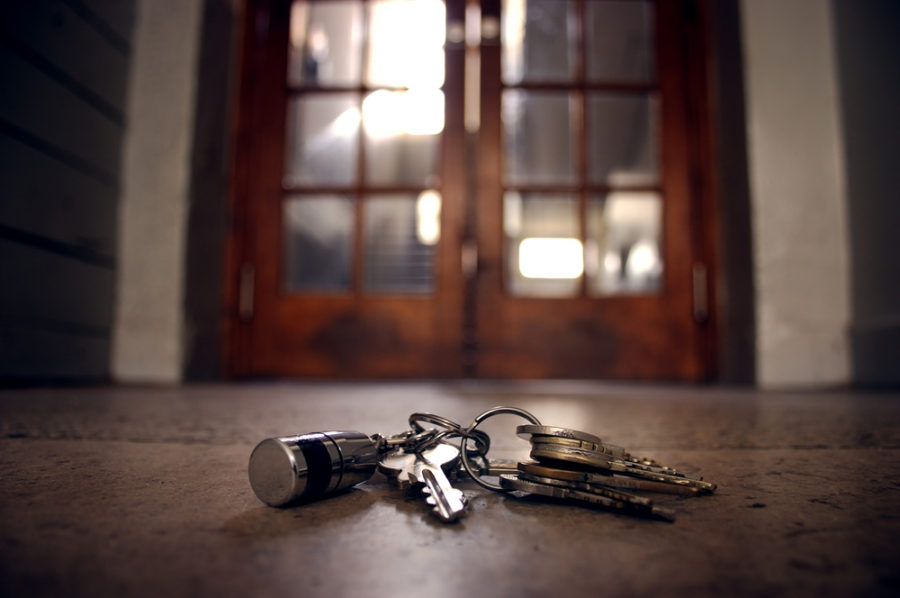
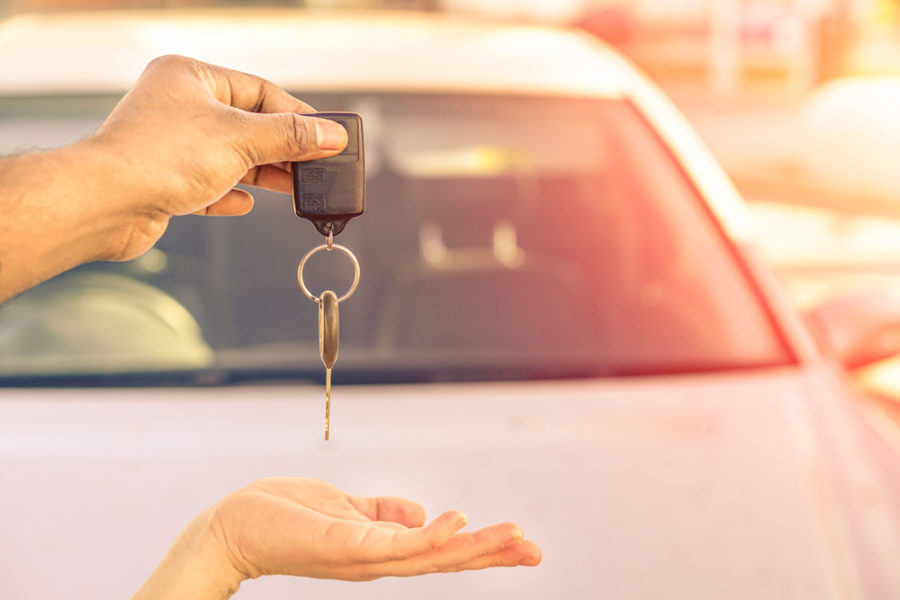
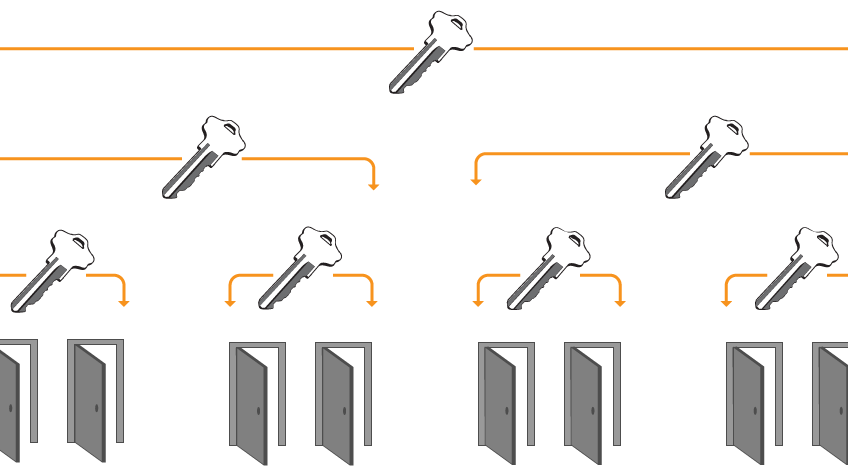
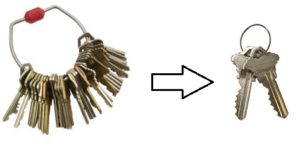 Basic pin tumbler locks within the master key system are able to be made more secure by adding sidebars, using master rings, implementing restricted keys, employing multiple cylinders, using electronic controls, disk detainer locks, or use separate master key systems for different work groups or locks on separate parts of the building. Qualified locksmith technicians will know which ones best meet your needs.
Basic pin tumbler locks within the master key system are able to be made more secure by adding sidebars, using master rings, implementing restricted keys, employing multiple cylinders, using electronic controls, disk detainer locks, or use separate master key systems for different work groups or locks on separate parts of the building. Qualified locksmith technicians will know which ones best meet your needs.